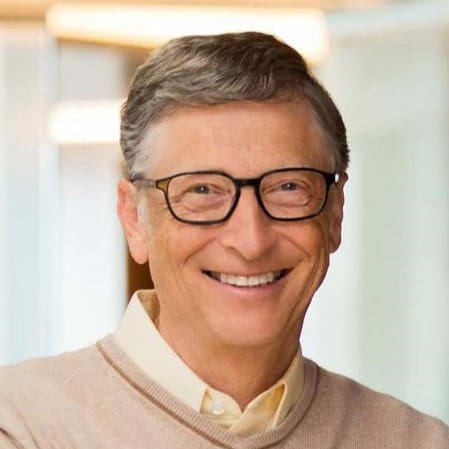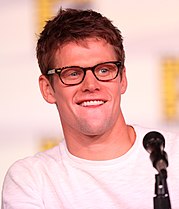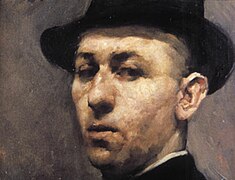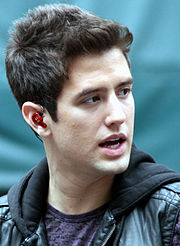Design
Design
Personality
Chart Properties
Your Cross represents the specific theme of your life. This cross embodies your unique potential & the lessons you're here to learn, providing a roadmap to fulfilling your life purpose.
We use the UTC birth time and date to do the calculations required to generate your Human Design chart.
Buy Tokens
Pay as you use, no expiry and no subscription required.Prompt Ideas
Get inspired with some epic prompt ideas.Pope Benedict XVI's Biography
German-born leader of the Catholic Church and sovereign of the Vatican City State from 19 April 2005 until his resignation on 28 February 2013. Benedict’s election as pope occurred in the 2005 papal conclave that followed the death of Pope John Paul II. Benedict chose to be known by the title “Pope emeritus” upon his resignation, and he retained this title until his death in 2022.
He was elected Pope on 19 April 2005 at about 5:50 PM local time at the Vatican, taking the name of Benedict XVI. He greeted the public from the Papal balcony delivering his blessing in his first “Urbi et Orbi” speech at 6:48 PM local time according to the Vatican press office. The Pope was a Cardinal since 27 June 1977. Before his ascension to the highest office in the Roman Catholic hierarchy, he was Dean of the College of Cardinals.
The son of a police officer from a farming family in Lower Bavaria, Joseph Ratzinger was drafted into the auxiliary anti-aircraft service during World War II but deserted. He was subsequently imprisoned in an Allied POW camp until the end of the war. In 1946 he began studies in philosophy and theology at the University of Munich. Ordained as a priest on 29 June 1951, he obtained his doctorate in theology in 1953. By 1957, he qualified as a university teacher and began teaching. By 1969, he had become a professor of dogmatic theology and of the history of dogma at the University of Regensburg. He held the administrative post of Vice President at the same institution.
In March 1977, he was appointed Archbishop of Munich and Freising, and on 28 May 1977 he was installed in that post. He was elevated to Cardinal one month later. In 1981 he became Prefect of the Congregation for the Doctrine of Faith, where he earned the nickname “the Enforcer.” He was elected Vice Dean of the College of Cardinals on 6 November 1998. Four years later, on 30 November 2002, he became Dean.
An academic, a writer, and a professor, he was an intellectual whose conservative views stood him in good stead at the Vatican, and he became a primary advisor to Pope John Paul II. As the health of Pope John Paul II deteriorated, many speculated that Cardinal Ratzinger would be named Pope when John Paul II died.
The man who became Benedict XVI was considered to be genuinely pious, intellectually brilliant, blunt, and passionate about the “truth,” a man who had the courage of his convictions. Despite his conservative and dogmatic views, he was described as being personally charming and quick-witted, a stimulating conversationalist, fluent in several languages. His experiences as a young man during World War II were critical in formulating his ideas about the role of the Church. After seeing the horrors perpetrated by the Nazis, he argued that the Church must present an alternative to the state and that the church must stand for absolute truths. He warned that the Church must not become a “plaything of outside forces.”
In his role as Pope Benedict XVI, he continued to hammer home his conservative views. Many cardinals with more liberal stances felt the punitive sting of his ecclesiastic disdain. Church-watchers blamed him for a Vatican degree issued during his predecessor’s reign that barred Catholic priests from counseling pregnant teens on any option other than to raise their children as “good Catholics.” He was reportedly the person responsible for forbidding Catholics from sharing communion with Lutherans at a 2003 ecumenical convention. He was openly critical of other religions, calling them “deficient” and viewed homosexuality as an “intrinsic moral evil.”
His handling of sexual abuse cases within the Catholic Church and opposition to usage of condoms in areas of high HIV transmission, despite their effectiveness in preventing the spread of HIV, led to substantial criticism from public health officials, anti-AIDS activists, and victim’s rights organizations.
His fans said that his role as “guardian of orthodoxy” was the beacon of light in changing times. One supporter described him as a “subtle thinker with a deep understanding of Catholic tradition and a personal touch he’s not often given credit for.”
Regardless of his personal charm, past accomplishments, doctrinal interpretation or intellectual brilliance, his job as Pope was challenging. He reigned in a global and technical environment that was rapidly changing and divisive politically, culturally and religiously. He faced demands from many of his flock, ecclesiastics and lay people both, who wanted the Church to adapt to changing mores about reproductive rights and options, the place of women, gays and lesbians in the Church, and the recruitment of clergy. And he followed in the shoes of a much-loved predecessor who may have shared Benedict’s doctrinal views but whose benefic demeanor and outreach efforts to other religions and cultures earned Pope John Paul II exalted status.
Pope Benedict inflamed many Muslims by comments made in a speech against religious violence delivered in Regensburg, Germany on 12 September 2006. In the talk, Benedict quoted a Christian Byzantine emperor who wrote, “Show me just what Muhammad brought that was new and there you will find things only evil and inhuman, such as his command to spread by the sword the faith he preached.”
As the first pope in 800 years, and as the second only in church history, Benedict announced on 11 February 2012 that he would voluntarily step down from his position as pope, due to health reasons on 28 February 2013 at 8 PM.
Benedict died on 31 December 2022 at 9:34 AM Central European Time at his residence, Mater Ecclesiae Monastery, in the Vatican. He was 95.
Link to Wikipedia biography
Link to Astrodienst discussion forum
Pope Benedict XVI
Your Cross represents the specific theme of your life. This cross embodies your unique potential & the lessons you're here to learn, providing a roadmap to fulfilling your life purpose.
We use the UTC birth time and date to do the calculations required to generate your Human Design chart.







